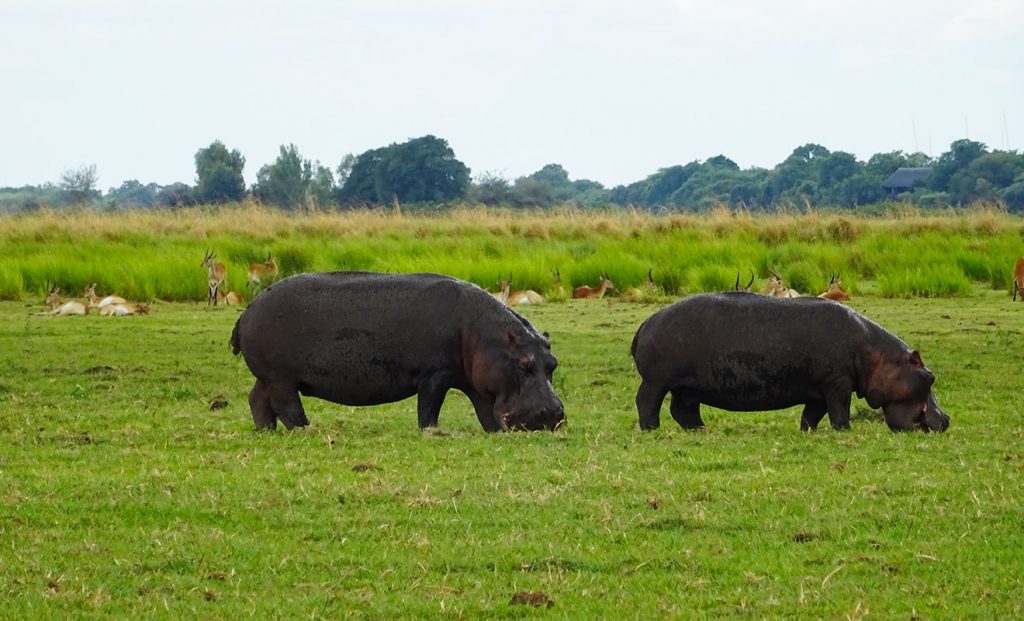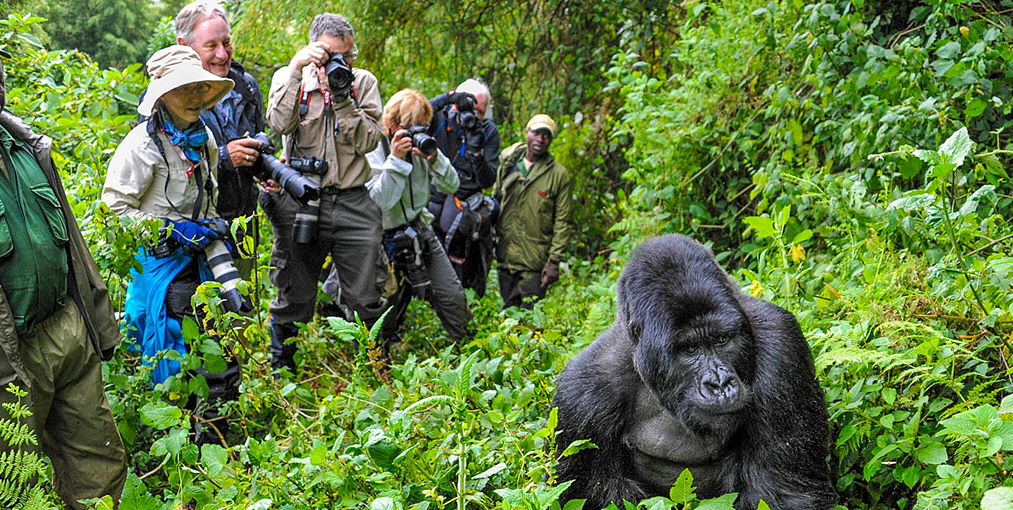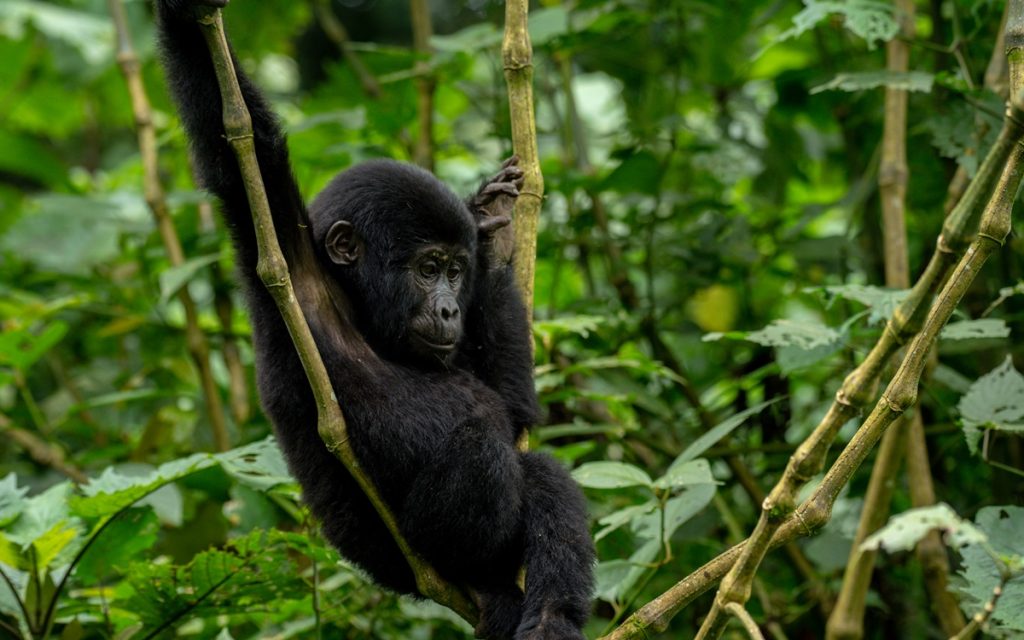- Written by: Anthony
- September 4, 2025
Hippo Bite Force – Strength, Power That Bites Like a Monster
Hippo Bite Force – Strength, Power That Bites Like a Monster
Hippopotamus also known as hippos are giant herbivorous but, surprisingly, you don’t hear them coming. The river lies still, the reeds dance in the wind, and everything feels calm until suddenly, the water explodes. A grunt. A flash of massive jaws. And then silence again. That’s the power of the hippopotamus.
They don’t roar like lions or sprint like cheetahs. But when they open their mouths wide—nearly 180 degrees—revealing tusks the size of a grown man’s forearm, the mood changes. You realize why even crocodiles keep their distance. The hippo doesn’t bite to show off. It bites to end a threat.
Let’s talk about that hippo bite force. How strong it is, how it works, and why it’s one of Africa’s most underestimated forces.
What’s the Hippo’s Bite Force?
The hippopotamus has a bite force of around 1,800 PSI (pounds per square inch). To put that into perspective:
A lion’s bite force: ~650 PSI
A tiger’s bite force: ~1,050 PSI
A great white shark: ~4,000 PSI (but that’s in water and designed differently)
A human: ~160 PSI
Now go back to that hippo at the riverbank. Peaceful. Half asleep in the sun. But hidden beneath that sleepy gaze is a set of jaws strong enough to snap a canoe in two. Or bite straight through a crocodile’s spine. Or crush the thick bones of a rival male during territorial fights.
Why Is a Hippo’s Bite So Strong?
Even if hippos do not eat meat, naturally they were created with such immense bite force. A hippo’s mouth can open to almost 150–180 degrees wide enough to fit a grown man upright. But that isn’t just for dramatic effect. It’s for leverage. With this wide gape and enormous skull muscles, the bite comes down like a hydraulic press.
The hippo’s canine teeth can grow over 50 cm long. They aren’t for chewing (hippos don’t use them to eat). They’re for fighting, defending, and establishing dominance especially among males. These tusks, curved like ivory sabers, get sharpened by grinding against each other every time the mouth closes.
So yes, while they spend most of their lives submerged in water or grazing quietly at night, hippos are walking, snorting contradictions—giant herbivores with the bite of a demon.
What Do Hippos Use Their Bite Force For?
Despite being plant-eaters, hippos are Africa’s most dangerous mammal to humans not because they hunt, but because they are territorial and unpredictable. When a hippo feels threatened—whether it’s a boat, a tourist on foot, or even a predator like a lion but, it doesn’t hesitate. That’s when the jaws snap.
Here’s what their bite is used for:
- Territorial fights: Especially among dominant males. These can be brutal and jaws locking, tusks slicing, bodies colliding.
- Defense: Against crocodiles, hyenas, or anything that wanders too close to their young.
- Warnings: A yawn might look cute in photos, but in the wild, it’s a display of power—“Back off before I make you regret it.”
You might think of elephants as Africa’s titans. Or lions as the kings. But in the rivers and lakes? The hippo reigns. Not through noise. Not through speed. But through presence and a jaw that could crush steel.
Are Hippos Aggressive?
Yes, and they are considered one of the most dangerous animals on earth. Be careful when next you are near them.
Hippos are highly territorial, especially in water. A male hippo can control a stretch of river and a harem of females. If another male approaches, that’s when things get tense. Most of the time, hippos will give warning signals—grunting, yawning, lunging but if that doesn’t work, the fight begins. These aren’t quick scuffles. They’re violent, and sometimes fatal.
If you’re in a boat and accidentally get between a hippo and deep water, the reaction can be immediate and devastating. That’s why more people are killed by hippos each year than by lions or leopards.
They don’t eat meat. They just don’t want you near them.
Suggested Safari Itineraries
Baby Hippos and Bite Strength
A baby hippo may be born at 35–50 kg, but don’t let that fool you. Even young ones learn to mimic the open-mouth threat posture. They’re born into a world where survival depends on learning fast, especially in rivers shared with crocodiles.
They may not have the same jaw power as adults yet, but the instinct is there. Watching a baby hippo trying to ‘bite’ water or mimic its mother’s yawn is both heartwarming and hilarious. But behind every cute moment is a future powerhouse—one that could one day become the next river king.

Two hippos grazing in Murchison Falls National park
Where Can You Witness This Power?
If you want to see this incredible force up close and safely—Rwanda and Uganda offer magical spots to observe hippos in the wild. The best include:
- Kazinga Channel (Uganda) – In Queen Elizabeth National Park, this is hippo paradise. Boat cruises here bring you nose-to-nose with dozens of hippos lounging, yawning, and grunting.
- Murchison Falls National Park (Uganda) – Along the Nile, hippos bathe below thunderous waterfalls.
- Lake Edward & Lake Albert – Perfect for spotting hippos in natural groups.
- Akagera National Park (Rwanda) – Rwanda’s only Big Five park has rising hippo numbers, especially around Lake Ihema.
Friendly Gorillas Safaris offers can easily arrange guided trips through these regions—led by local experts who know how to read the mood of a hippo before it turns into a problem. It’s not just about seeing wildlife—it’s about understanding it.
Tips for Safely Viewing Hippos
- Don’t get too close: Especially in a boat. If a hippo disappears underwater, watch out—it may resurface under you.
- Never walk near riverbanks at night: Hippos graze on land and return to water at dawn. This is when most attacks happen.
- Listen to your guide: Always. They know where hippos hang out and how they behave.
- Look for warning signs: Flared nostrils, aggressive grunting, or mock charges.
- Keep your voice low: Loud noises may agitate them.
- Avoid between mother and calf: A mother hippo is extremely protective.
- Respect their space: Hippos want to be left alone. Give them that dignity.
- Use zoom, not bravery: That perfect photo? Take it from a distance.
Hidden Facts About Hippo Bites
They don’t chew – Hippos rip grass and swallow. The jaw closes like a guillotine not for grinding.
They sharpen their teeth – By grinding upper and lower canines together.
Bite marks are used in dominance displays – Scars are a sign of survival and strength.
Hippos bite boats – Canoes, plastic boats, even metal—if they feel threatened.
Crocodiles give way – Even crocs avoid hippos. They’ve learned the hard way.
The bite can decapitate prey – During intense fights, hippos have been known to kill other animals with a single bite.
Teeth grow continuously – Just like elephants, meaning they stay sharp for life
Recommended Safaris
4 Day Murchison Falls & Chimpanzee Tracking Safari
$ 1260
per personFAQs About Hippo Bite Force
Q1: Can a hippo really bite a crocodile in half?
Yes but in very rare cases. Hippos have been seen attacking and killing crocodiles, especially if the croc gets too close to a calf. Their jaws apply enough pressure to crush bone, and their tusks slice deep.
Q2: Are hippos more dangerous than lions?
Yes, every wild animal is dangerous. In terms of human deaths, yes. Hippos kill an estimated 500 people per year in Africa. Lions are predators, but hippos are territorial and unpredictable.
Q3: Why are hippos aggressive if they don’t eat meat?
Their aggression is not about food—it’s about territory. They simply don’t tolerate intrusions, especially in water.
Q4: What should I do if I see a hippo while on a boat?
Stay calm. Don’t move toward it. If the hippo dives underwater, be alert because it may be preparing to charge. Always follow your guide’s instructions.
Q5: Can a hippo bite through a car?
Technically, yes. Their bite is strong enough to dent metal and crush frames, especially if provoked or if they feel trapped.
Q6: Do all hippos have the same bite strength?
No. Adult males have the strongest bite due to their size and dominance needs. Females and juveniles have less force, but still enough to injure seriously.
Q7: How fast do hippos move when they attack?
Up to 30 km/h on land, and surprisingly fast in water. Don’t let their size fool you—when they charge, it’s over in seconds.
Q8: Why don’t hippos bite each other to death more often?
They do fight, and sometimes fatally. But many clashes are resolved through posturing and mock charges. The real battles are often between dominant males during mating season.

Hippo with an open mouth
Conclusion: The Power You Never See Coming
The hippo exists—peacefully, powerfully, and with more strength than most animals ever need. Its bite isn’t about destruction. It’s about survival.
And when you sit quietly along a riverbank at dusk, watching the water ripple and listening to the deep laughter of hippos echoing across the surface—you understand. That strength, that power—it’s not just muscle. It’s the soul of the wild.
And with Friendly Gorillas Safaris, you don’t just witness this power. You feel it—in the splash of a tail, the rumble of a grunt, and the stories that live between every bite.
Anthony

Ready for your ultimate wildlife experience?
Chat with us, our team is always here to help!
You may also like …

Got any questions
about traveling to Uganda?
Get in touch.








